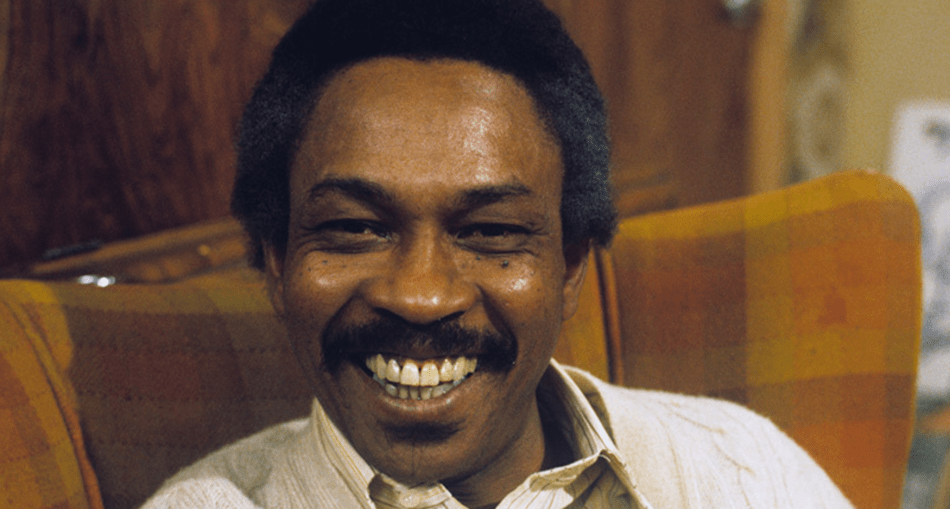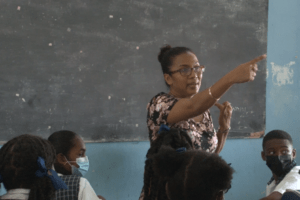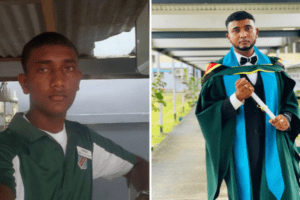Norman Beaton was not only a Guyanese actor but a trailblazer who left an indelible mark on British television and theatre.
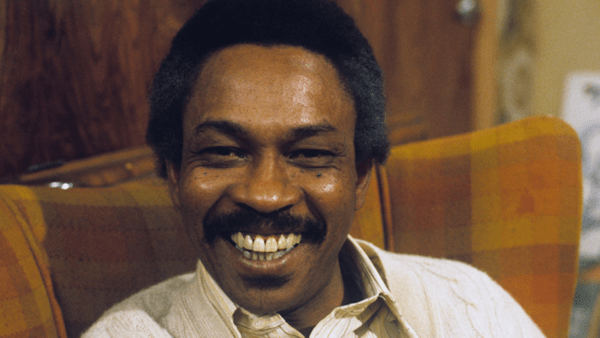
Norman Beaton [Photo: British Comedy Guide]
Born on October 31, 1934, in Georgetown, British Guiana – now Guyana – Beaton’s journey to becoming one of the most influential black British actors of his time was a remarkable one.
EARLY LIFE AND CAREER
His early life was marked by academic excellence and a passion for teaching. After attending Queen’s College in Georgetown, he excelled at a teacher training college before becoming the deputy headmaster at Cane Grove Anglican School in Demerara.
However, his love for performance and music led him to leave Guyana for London in 1960.
In London, this former Queen’s College student initially pursued a teaching career. He became the first black teacher employed by the Liverpool Education Authority.
Despite his success in teaching, his true calling was acting. He began writing plays and eventually transitioned to a career in theatre, starting in Bristol and then Sussex.
ACTING CAREER
Beaton’s acting career blossomed in the early 1970s when he started performing in London’s West End.
He played notable roles, including Ariel in Shakespeare’s ‘The Tempest’ and Nanki-Poo in ‘The Black Mikado.’
His breakthrough came with the Channel Four television comedy series ‘Desmond’s,’ where he portrayed the beloved character Desmond Ambrose for six years. This earned him critical acclaim and the Royal Television Society Best Comedy Performer Award.
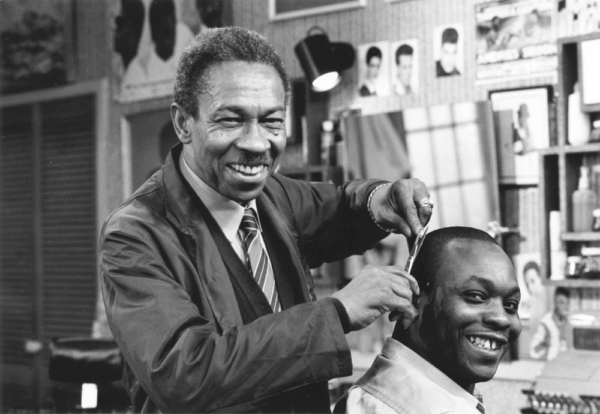
Beaton became best known for his role as Desmond Ambrose in the Channel Four television comedy series “Desmond’s [Photo: GOBO Magazine]
In addition to his work on ‘Desmond’s,’ Beaton appeared in films such as ‘Black Joy’ and ‘The Mighty Quinn.’ He also made television appearances in shows like ‘The Cosby Show’ and the BBC series ‘Empire Road.’
This educator showcased his talent and versatility throughout his career, becoming a role model for aspiring black actors.
PERSONAL LIFE AND LEGACY
Moreover, Beaton’s personal life was marked by his dedication to his craft and his family. He was married and divorced three times, with five children from his marriages.
His relationship with Jane Cash, whom he referred to as “the wife he never had,” was a significant part of his life. In fact, his legacy extends beyond his acting career.
He inspired future generations of black actors and paved the way for greater diversity in British entertainment.
In honour of his contributions, BBC Radio Drama established the Norman Beaton Fellowship (NBF) to encourage actors from non-traditional training backgrounds.
Although Beaton passed away on December 13, 1994, his impact on British television and theatre continues to be felt today.
References
- https://books.google.gy/books?id=2VnLeHIVID8C&pg=PA192&redir_esc=y#v=onepage&q&f=false
- https://www.caribbean-beat.com/issue-4/beaton-his-own-game
- https://apnews.com/article/64366943d9c84e02f3661682e6dca74d
- http://www.screenonline.org.uk/people/id/544274/index.html
- https://www.bbc.co.uk/soundstart/nbf.shtml

